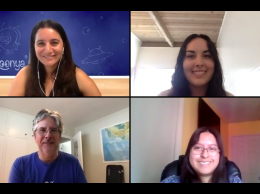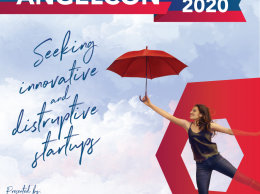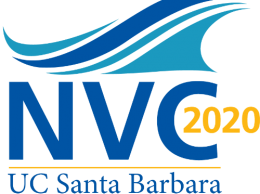Serve country by launching startup
By Michael Panesis
Launching a startup in this country is an act of patriotism. I am certain of this, more so every day. That confidence starts with who I am.
I am the grandchild of immigrants. That self-identification comes naturally because my parents and grandparents issued constant reminders throughout my childhood. My bedtime stories were of the old country, the trials of the Atlantic crossing, the first sight of the Statue of Liberty, and the struggle to make a life in a new country. As an adult I found these stories to be even more remarkable, since my mom’s parents made the trip from Greece in 1930. Despite coming to this country at the very beginning of the Great Depression, they never regretted the timing. It took much of my lifetime to understand why and I believe that the reasons bode well for the future of our country.
Reason 1: Life, liberty and the pursuit of happiness. My grandparents were fleeing oppression. They live in occupied territory, their lives had little value, they were constantly ordered about and happiness wasn’t really possible.
There’s a myth that immigrants come to the United States seeking fortunes.
They really come because they can choose to be anyone or anything. They are in charge of their own destinies. What better example of these freedoms than the entrepreneur? Entrepreneurs answer to no one other than themselves.
They take advantage of their freedom to pursue opportunity, to achieve great things and occasionally change the world.
Reason 2: Acceptance of failure. Our forefathers fought tirelessly for their freedom. At the beginning of the revolution, success was far from assured.
George Washington lost most of the battles he led. All that matters is that he won the last one. Tolerance of failure is built into the fabric of our culture not because we love it. We know that through perseverance, commitment and adjustment, one can overcome almost any obstacle. Once my grandparents arrived in the United States, their trials were not over. But from that point forward, they had the opportunity to improve their lives every day.
Entrepreneurs are risk-takers. They dream big, take chances, weather setbacks and press on. When they fall down, they get back up and try again.
Reason 3: Penchant for exploration. At 3.8 million square miles, the United States is one of the largest countries on the planet. It took a long time for us to explore all of that land. Expansion into new territories fueled the country’s growth for generations. There was plenty of room for immigrants to explore, taking their new country’s values with them. However, that time of constant physical exploration has passed. How do we continue that restless pursuit of new frontiers when they’re all seemingly gone? In a sense, a startup is a 21st century virtual covered wagon, carrying its founders and their customers on a voyage of discovery.
It’s no secret that the United States leads the world in entrepreneurship.
Furthermore, California startups lead the country despite the state’s well-earned reputation for being business unfriendly. How can that be? Our success at startups is not a triumph of management, economics or science.
It’s cultural. Our founding fathers got a lot right about human nature that benefits us to this day. We still lead the world in entrepreneurship because we have a cultural head start. That lead won’t last forever, though.
Ensuring that we retain our lead as an entrepreneurial society depends on the actions of many parties. There has been an explosion of interest in entrepreneurship on university campuses. Cal Lutheran recently began offering an entrepreneurship minor to any student, regardless of major.
Governments can help mostly by leaving entrepreneurs alone but also by limiting the regulations that inhibit innovation and properly protecting intellectual property.
Perhaps the greatest impediment to startup traction is the availability of investment capital. There are more than 10 million households in this county with $1 million in investable assets, yet very few of them invest in startups. If you’re in one of those households, consider investing in a startup. It’s as American as apple pie and it may lead to the next Apple.
• Michael Panesis is the executive director of the Center for Entrepreneurship at California Lutheran University and a member of Tech Coast Angels.











